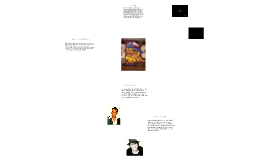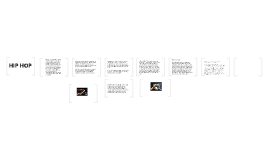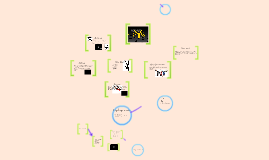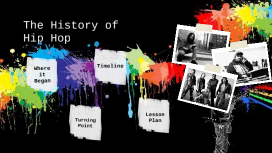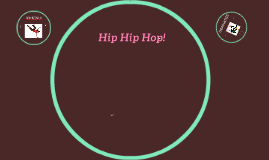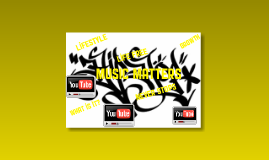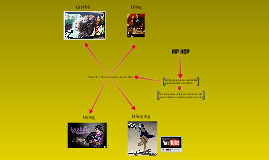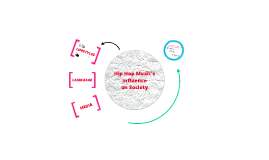Hip-Hop
Transcript: Hip-hop was not created by African American culture; it was created by African American people who had creativity and choice as to how to proceed. GrandWizzard Theodore was not forced by his oppressive environment to invent scratching in the 1970s; it was a technique he discovered by accident, liked, and chose to incorporate. His sociocultural environment nurtured and embraced his innovation. It did not create it. There's also a great deal of class determinism in scholarly discourse of hip-hop. Although graffiti writing and emceeing may be products of economic adversity, deejaying and producing are not. They require financial investment. David Toop, one of the first authors of academic discourse on hip-hop, marvels that "original music" could be created from the "limited materials" of "turntables, a mixer and records." Digital Sampling - Sampling allows the musician to record sounds from other instruments, nature, or even non musical sources, and transpose and play them chromatically on a standard piano or organ keyboard. This new and emerging technology greatly expands the creative horizons of the modern composer. 1:11 How did you decide to study hip-hop? "It kind of happened very naturally. I’m not somebody who’s listened to a ton of hip-hop; I was much more of a jazz guy.... In some ways, rap has replaced or assumed a lot of the same sociological functions to urban youth. There are a lot of interesting musical parallels between hip-hop and jazz: the rhythmic emphasis, the improvisation, the fact that the musicians are often formally untrained yet they’re incredible. The more I started thinking about jazz and the brain, rap seemed like a natural transition.." PRINCE PAUL: "You know, everybody went to a school that had a band. You could take an instrument if you wanted to. Courtesy of your public school. But, man, you playing the clarinet isn't gonna be like BAM! KAH! Ba-BOOM-BOOM KAH! It wasn't cats sittin' around like, "Man. Times are hard, man... Man, I gotta--I gotta--do some hip-hip! I gotta get me a turntable!" HIP HOP AND JAZZ "In his TEDTalk (watch now), Charles Limb reviews his groundbreaking work studying creativity and the brain — by putting musicians inside an fMRI and watching as they improvise. For the past decade, he’s been working with jazz piano players, revealing astonishing new data about the way the brain creates art. And his research has recently branched into a new genre: hip-hop. He spoke to the TED Blog about his new study, and about his day job … " DJ KOOL AKIEM: "They were too poor to get instruments." Yeah right. Then somebody came a long with a hundred dollar sampler. Man, producing takes more money than playin' a instrument. I mean deejaying, if you're serious, you're gonna have to spend a thousand dollars on your equipment. But then every record's ten bucks. Then you got speakers. Obviously, [the academics] just don't think about it it. The most important thing to them is, "Oh, the kids are poor." HIP HOP






